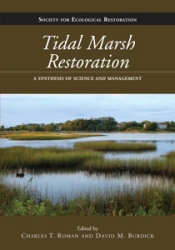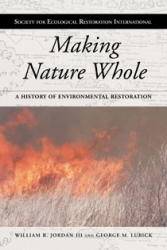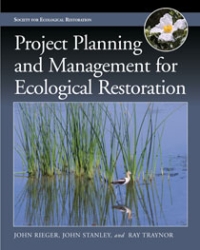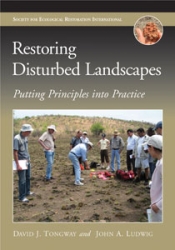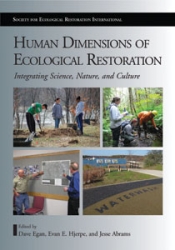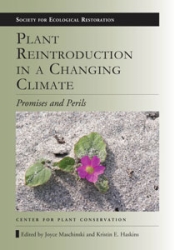The Restoring Ecological Health to Your Land Workbook
Restoring Ecological Health to Your Land was the first practical guidebook to give restorationists and would-be restorationists with little or no scientific background the "how to" information and knowledge they need to plan and implement ecological restoration activities.


